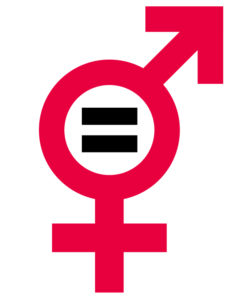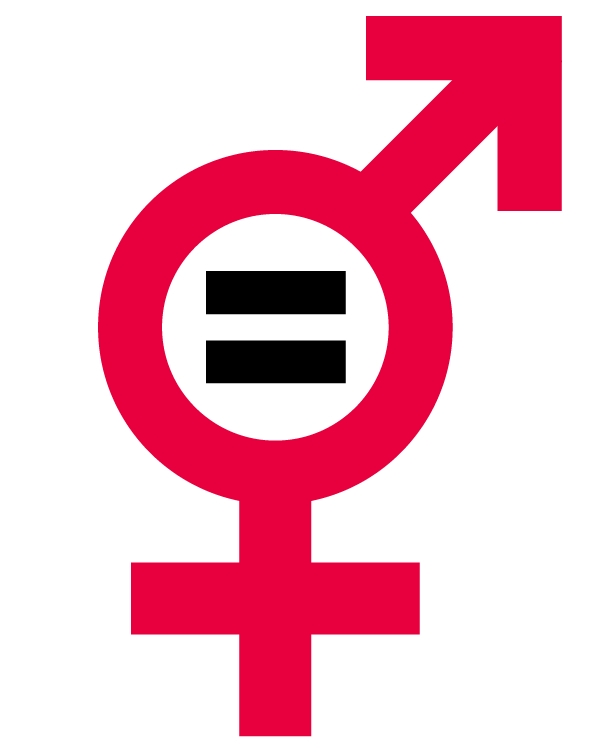Suggestion stems from 2010 METRAC safety audit report
Melissa Sundardas
News Editor

The York Federation of Students is pushing York’s administration to implement a mandatory equity or women’s studies course to help students gain awareness of the root causes behind sexual assaults and violence.
The idea for a mandatory equity or women’s studies course stems from section 1.30 of the 2010 Metropolitan Action Committee on Violence Against Women and Children safety audit report that suggests a mandatory equity or women’s studies course should be a requirement of fulfilling an undergraduate degree at York.
Safiyah Husein, the VP equity for YFS, says the mandatory equity or women’s studies course would be similar to taking a NATS course, which students must also pass, as a gen-ed requirement to graduate. Standard tuition fees for this course would also be charged.
The YFS is proposing that students be able to choose between a number of different equity courses depending on their level of interest and experience with the subject.
“It’s a preventative measure to get to the root causes and stop [sexual assaults and violence] before that happens,” says Husein.
Because there is a standard procedure for changing program requirements, once approved by York administration, guidelines for the new course would have to go through several governing bodies, including the York Senate and the Board of Governors, Husein explains.
If approved, the courses would become part of undergraduate degree requirements in two years.
Husein also says only students who enter university after the requirements are changed would have to take the mandatory course.
The notion of a mandatory equity or women’s studies course sparked mixed reactions among students.
“I personally don’t like being forced to take classes that have nothing to do with what I’m studying,” says Keshia Osbourne, a first-year linguistics student. “I never liked that fact that I had to take science when my program has nothing to do with science. I wouldn’t like it if I was forced to take another course that has nothing to do with my degree, no matter what it was,” says Osbourne.
Michael Appugliese, a fourth-year kinesiology student, says he’s on the fence about whether or not a mandatory course will help solve the problem of frequent sexual assaults and violence on campus, but he wouldn’t object to taking it.
“A course maybe seems a little much. That’s a three to four month commitment there, so maybe they can think of something with a little less commitment than a whole course,” says Appugliese.
“That’s also around an extra $600 for everyone, too,” he says. “If you tell me that’s what I have do, then that’s what I have do. I take a lot of courses here that I don’t want to but have to, so it’s already happening.”
Eva Karpinski, a professor from the School of Gender, Sexuality, and Women’s Studies, says there is no guarantee that a mandatory equity or women’s studies course would reduce sexual assaults or violence on campus.
“First of all, I don’t like the word mandatory in this context because it is definitely going to provoke resistance among students, among the faculty, and among the administrators,” says Karpinski.
As a women’s studies professor, Karpinski says she firmly adheres to the idea that women’s studies courses are important, and that currently, there are very few avenues for students to be exposed to the kinds of analyses that helps us understand systemic issues of violence and how it affects vulnerable social groups in our communities.
Currently, Karpinski teaches a popular nine-credit introduction to gender and women’s studies course, which has two sections of about 600 students each.
Analysis of power dynamics and inequality in society are taught, and these dynamics, Karpinski explains, are conducive to violence.
Karpinski also says the YFS should be doing more than just lobbying for a mandatory equity studies course.
“I would really envision a much wider role for the York Federation of Students on campus to become advocates, to take leadership and provide spaces for a much wider non-violence policy that should become like our daily mantra here,” Karpinski says.
Meetings and talks with administration about the new course have been ongoing since the METRAC report was released. The METRAC report recommends that this specific change be implemented at York within three to five years.
“There just hasn’t been that commitment to actually see it through on [the administration’s] part, so we’re continuing to push,” says Husein.
Joanne Rider, York media spokesperson, says the recommendation is undergoing a review by the university.
“A number of shorter term solutions have been undertaken over the past few years,” Rider says.




